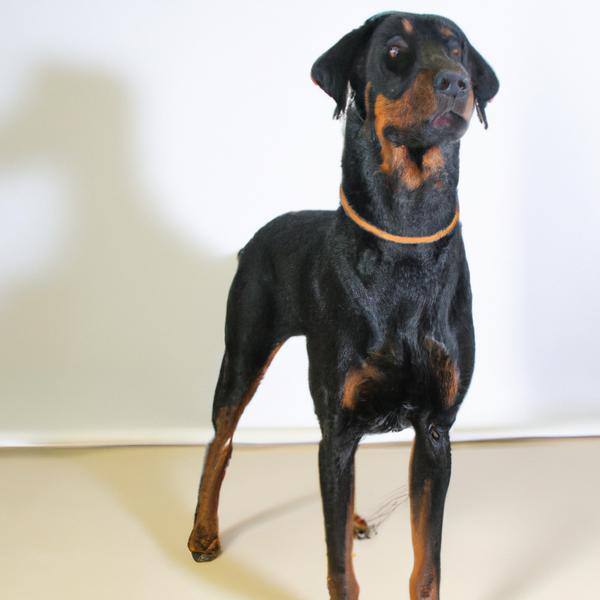Weston vs. Norwich de Tulear: Breed Differences and Similarities
Hypoallergenic
Are Westons or Norwich de Tulears hypoallergenic, or neither?
Both Weston and Norwich de Tulear are hypoallergenic dogs, which make them ideal pets for people who are allergic to pets. Although no dogs are completely hypoallergenic, these breeds come very close and are great choices for those who suffer from pet allergies.
Temperament
What are the personalities of Weston and Norwich de Tulear dogs?
Playful
Independent
Alert
Courageous
Intelligent
Friendly
Affectionate
Lively
Trainable
Vocal
Playful
Energetic
Sensitive
Intelligent
Affectionate
Lively
Trainable
Vocal
Shedding Level
Do Westons shed more than Norwich de Tulears, or which breed sheds more, Westons or Norwich de Tulears?
Weston or Norwich de Tulear dogs are low shedders. The coat sheds an average amount and doesn't require much care.
Ancestry
What are the origins of Weston and Norwich de Tulear breeds?
Coton de Tulear and West Highland White Terrier
Norwich Terrier and Coton de Tulear
Date of Birth
When were Weston and Norwich de Tulear breeds first developed?
Unknown
2000's
Eye Color Possibilites
What are the eye colors of Weston and Norwich de Tulear dogs?
Brown
Brown
Nose Color Possibilites
What are the natural nose colors of Weston and Norwich de Tulear?
Black
Blue
Black
Coat Color Possibilites
What are the natural colors of the coat for Weston and Norwich de Tulear breeds?
Brown
White
Cream
Black
White
Fawn
Brown
Red
Black
Coat Length
What is the typical coat length for Weston and Norwich de Tulear breeds?
Westons have longer coats compared to most dogs.
Norwich de Tulears have medium-length coats.
Coat Density
What is the density of the coat of Weston and Norwich de Tulear?
Coat Texture
What is the hair texture of Weston and Norwich de Tulear?
Straight
Wiry
Litter Size
What is the usual litter size for Weston and Norwich de Tulear?
Weston and Norwich de Tulear, can have a litter of 4-6 puppies each on average. Nonetheless, it's important to keep in mind that litter size can differ significantly between individual dogs. Various factors such as the mother's health, breeding history, and genetics can have an impact on litter size.
Adaptability
Weston and Norwich de Tulears are known for their adaptability and versatility. They are capable of adapting well to a wide range of lifestyle changes and living environments, making them great companions for families and individuals of all lifestyles.
Health Issues
Between Weston and Norwich de Tulear, which breed is more prone to health problems?
Westons typically have low vet costs due to their good health, but it's important to monitor their health and seek vet care when necessary.
While the Norwich de Tulear breed is generally healthy, occasional vet check-ups are still necessary to address any health concerns.
Major Concerns
What are the major health concerns for Weston and Norwich de Tulear breeds?
Patellar Luxation
Eye Problems
Craniomandibular Osteopathy
Legg-Calve Perthes Disease
None
Minor Concerns
What minor health issues should be kept in mind when owning Weston and Norwich de Tulear?
Allergies
Hip Dysplasia
Cataracts
Cerebellar Abiotrophy
Occasional Tests
What occasional tests are recommended for Weston and Norwich de Tulear breeds?
X-Rays
Physical Examination
Allergy Tests
Eye Examinations
Blood Tests
Hip and Knee
Eye Examinations
Full Physical Examination
Social Needs
Weston vs Norwich de Tulear social needs comparison
Weston and Norwich de Tulear have above average social needs compared to other breeds. They thrive in environments where they have a lot of interaction with humans and other dogs.
Sleeping Need
Which of the two sleeps the most/least: Weston or Norwich de Tulear?
Westons have moderate energy levels and typical sleep patterns of 12-14 hours per day.
Norwich de Tulears sleep less than other breeds but still need adequate sleep for good health.
Mouthiness
Mouthiness Comparison: Weston vs Norwich de Tulear?
Roaming urge
Weston vs Labrador: Running away tendency?
Prey Drive
Weston or Norwich de Tulear - which breed has a higher level of prey drive?
Activity Level
Which breed has higher energy, Westons or Norwich de Tulears?
Both Weston and Norwich de Tulear are medium-energy dogs that enjoy socializing and playing with other dogs. They may engage in casual or sustained games of chase, and occasionally have bursts of barking or racing around the house.
Tolerance of being left alone
Walks per Week
How many miles should Weston or Norwich de Tulear walk each week?
There's really no limit to how far you walk your dog as long as they're comfortable. For Weston, it's at least 6 miles / week. Just remember to build distance and stamina gradually over time.
There's really no limit to how far you walk your dog as long as they're comfortable. For Norwich de Tulear, it's at least 8 miles / week. Just remember to build distance and stamina gradually over time.
Activity per Day
Do Westons or Norwich de Tulears require more exercise?
In general most Westons usually need at least 30 minutes of exercise daily. This can be spread across the day and include all sorts of high-energy activities, like walking, running and playing.
In general most Norwich de Tulears usually need at least 45 minutes of exercise daily. This can be spread across the day and include all sorts of high-energy activities, like walking, running and playing.
Grooming
Which breed is easier to maintain in terms of grooming, Westons or Norwich de Tulears?
Westons have high grooming needs, requiring regular trims and professional grooming assistance to keep their coat healthy.
Norwich de Tulears require significant grooming, including regular trims and professional grooming assistance to maintain their coat. They may also require frequent bathing to keep their coat and skin healthy.
Brushing Frequency
What is the recommended brushing frequency for Weston and Norwich de Tulear dogs?
Ideally, Weston should be brushed at least 2 or 3 times a week (preferably daily) improve shedding.
Norwich de Tulear should be brushed at least once a week. Of course you can give them more frequent brushes if you find that they are still shedding a lot
Brushing Tools
What brushing tools are used for Westons and Norwich de Tulears?
Pin Brush
Dematter
Comb
Nail Clipper
Pin Brush
Comb
Scissors
Nail Clipper
Cups
How much food should be given to Weston or Norwich de Tulear in cups?
For an average 12-18 pound (5 - 8 kg) Weston feed 1.8 cups daily. But, keep in mind, the amount you feed is going to be dependent on the quality of the food you are feeding.
For an average 9-15 pound (4 - 7 kg) Norwich de Tulear feed 1 cups daily. But, keep in mind, the amount you feed is going to be dependent on the quality of the food you are feeding.
Daily Cost
Which breed has a higher daily cost, Weston or Norwich de Tulear?
The average cost of a Weston is somewhere $1.00 - $1.40 per day.
The average cost of a Norwich de Tulear is somewhere $1.10 - $1.40 per day.
Monthly Cost
Which breed has a higher monthly cost, Weston or Norwich de Tulear?
When it comes to monthly expenses, both Weston and Norwich de Tulear have a similar average cost, ranging from $35 - $42. This results in an average yearly cost of around $420 - $504.
Sensitivity Level
How do Weston and Norwich de Tulear compare in sensitivity?
These dog breeds are particularly attuned to its environment and the emotions of those around it. Weston and Norwich de Tulear can be easily overwhelmed by loud noises, new environments, unfamiliar people, or animals. This dog breed is best suited for individuals or families who are patient, gentle, and understanding of its sensitive nature. It may also benefit from a calm and stable home environment, with a consistent routine and plenty of positive reinforcement training.
Apartment Friendly
Which breed is more apartment-friendly: Weston or Norwich de Tulear?
The Weston is a great apartment dog, thriving with sufficient exercise and time outside as part of their daily routine.
Norwich de Tulears make excellent apartment dogs, being fairly active indoors and not requiring a yard.
Child Friendly
Do Westons or Norwich de Tulears have a friendlier temperament towards children?
Weston and Norwich de Tulear are kid-friendly dogs. They are good with children and excellent dogs with children if they are socialized and trained at a young age.
Senior-friendly
Which dog is more suitable as a pet for the elderly - Weston or Norwich de Tulear?
Cat Friendly
Do Weston or Norwich de Tulear breeds have a better compatibility with cats?
Westons are good with cats, but early training is needed to prevent chasing behavior.
Norwich de Tulears are very friendly with cats and make great companions for them.
Dog Friendly
Which breed is more sociable with other dogs: Weston or Norwich de Tulear?
Westons are friendly and active companions, and can be good family pets, though their friendliness towards other dogs may vary.
Norwich de Tulears are generally very friendly towards other dogs, with a happy and affectionate temperament.
Pet friendly
How do Weston or Norwich de Tulear dogs interact with other pets?
Stranger Friendly
Which breed is more friendly with strangers: Weston or Norwich de Tulear?
Weston and Norwich de Tulear are friendly dogs and typically won't bark at strangers. However, if you wish to change this behavior, training them is easy thanks to their intelligence, making it pretty simple to teach them anything.
Playfulness
Which breed is more playful between Weston and Norwich de Tulear?
Westons are very playful, so adopting an older one might be a better option for a more relaxed experience.
Norwich de Tulears are a playful breed that needs daily playtime to be happy.
Trainability
How do the trainability levels of Westons and Norwich de Tulears compare?
Weston and Norwich de Tulear dogs are known for their ease of training and ability to learn quickly, making them a popular choice for pet owners and trainers alike.
Compare Weston with other breeds
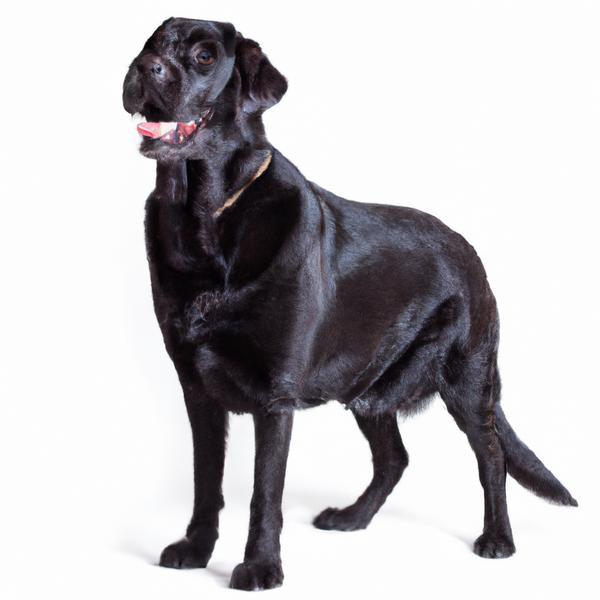
Labradinger
Weston vs Labradinger
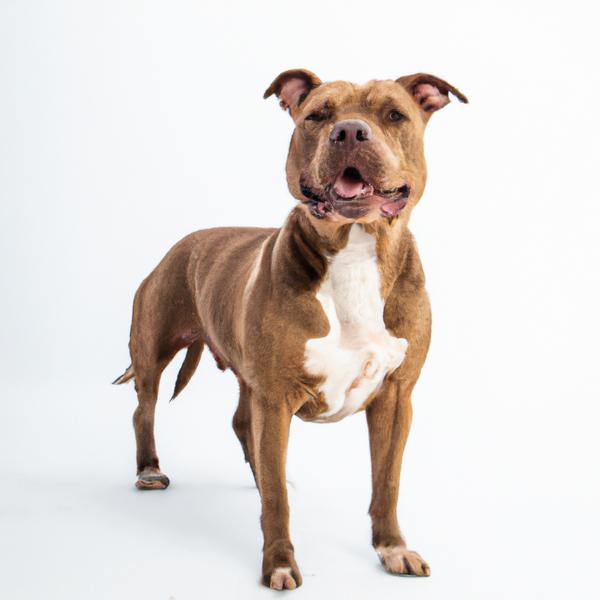
Pit Pei
Weston vs Pit Pei

Shih Tzu
Weston vs Shih Tzu
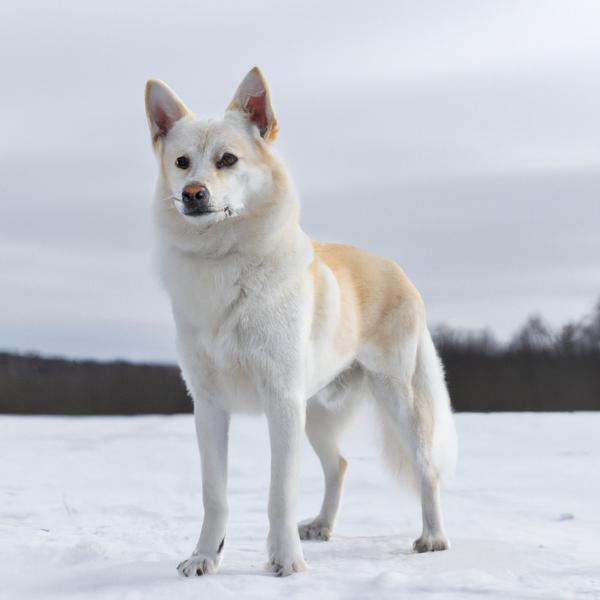
Eskijack
Weston vs Eskijack
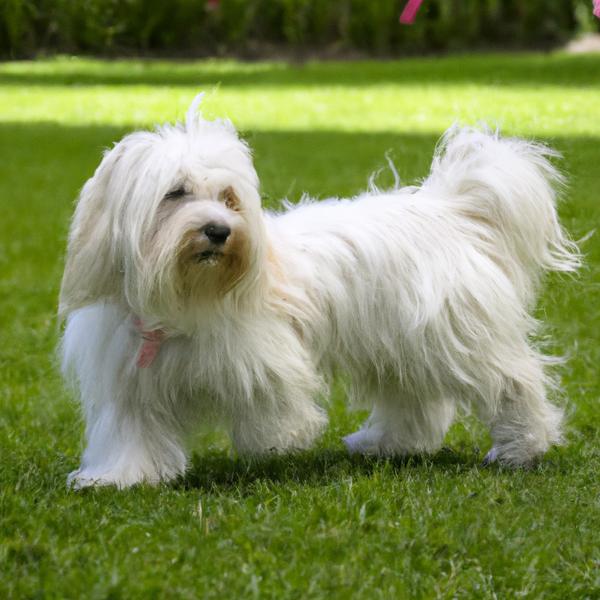
Norwich de Tulear
Weston vs Norwich de Tulear
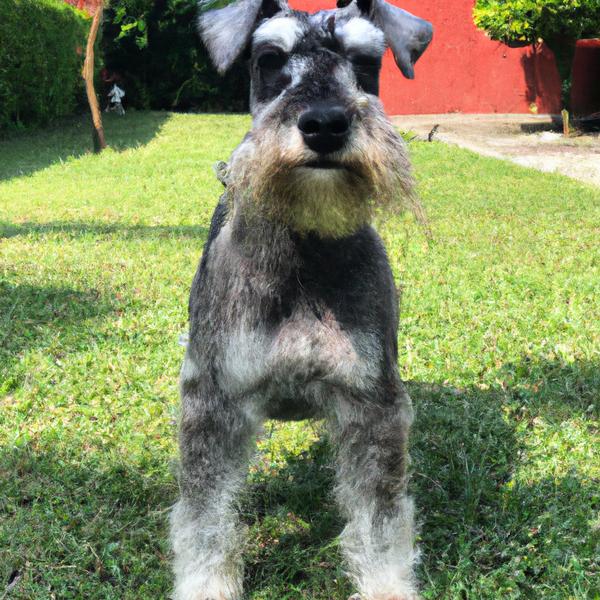
Crested Schnauzer
Weston vs Crested Schnauzer

Brittnepoo
Weston vs Brittnepoo
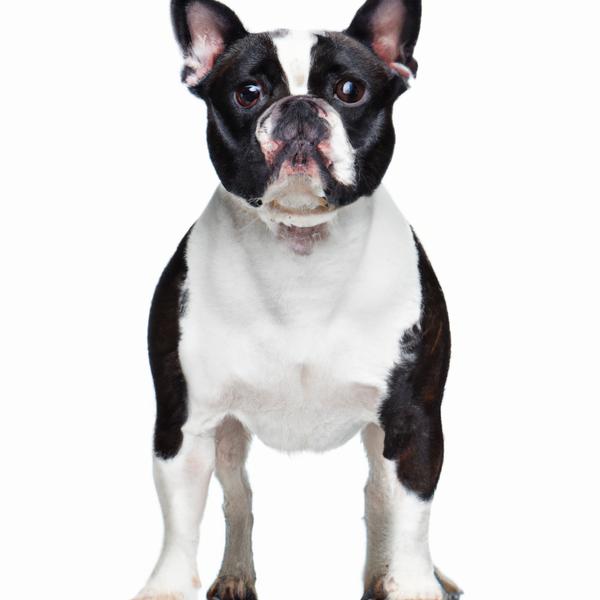
American French Bulldog
Weston vs American French Bulldog

Brat
Weston vs Brat
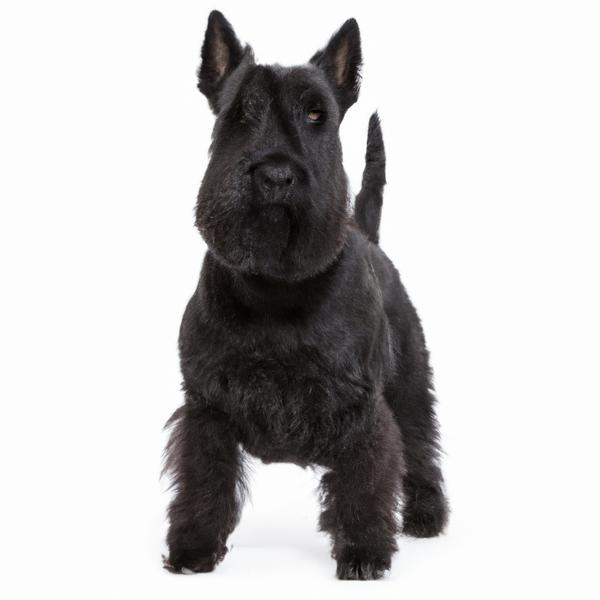
Scottese
Weston vs Scottese
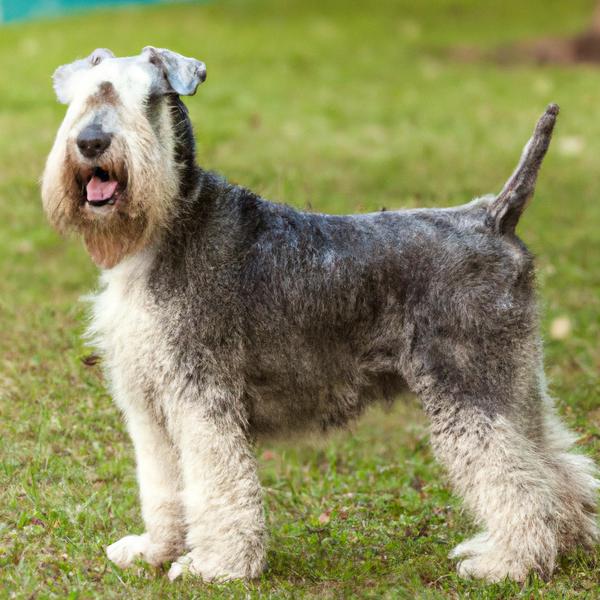
Sealyham Terrier
Weston vs Sealyham Terrier
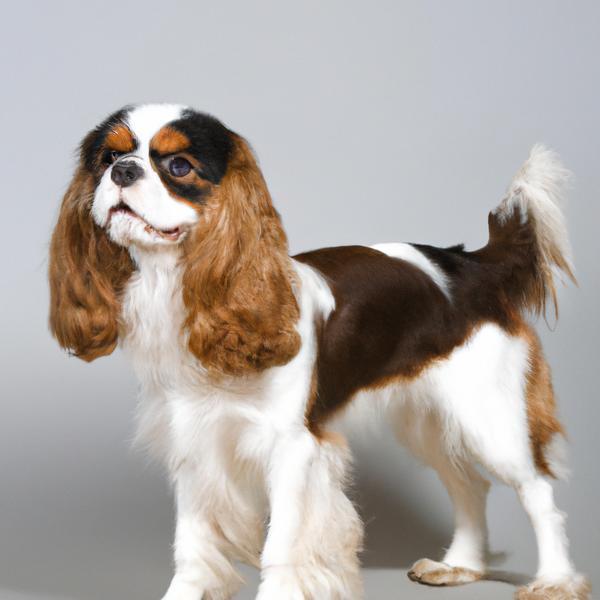
Cava-Shell
Weston vs Cava-Shell
